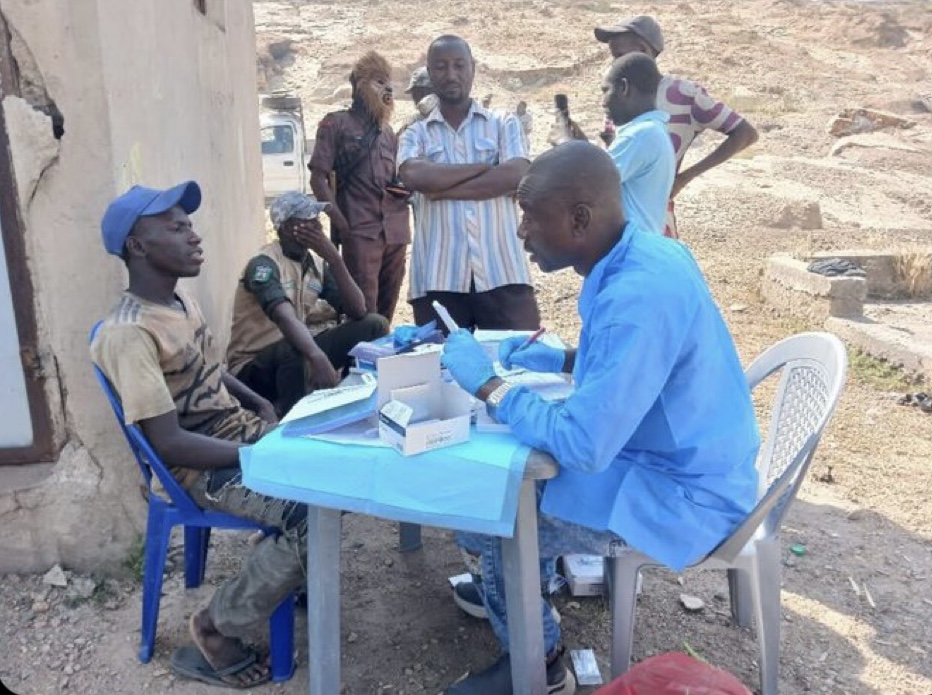
In a move aimed at confronting rising concerns over drug abuse and cult-related violence, the Gombe State Youth Parliament on Saturday inaugurated a comprehensive campaign to eradicate substance misuse and social vice across the state.
The initiative drew participation from youth leaders, traditional and religious figures, health professionals, and security agencies, illustrating a unified front against illicit behavior.
Speakers at the event warned that increasing drug use among young people had become a catalyst for campus cultism, violence, and other social ills.
They urged parents, schools, and community leaders to engage more actively in early intervention efforts and to support education on prevention and recovery.
A psychiatrist working with youth rehabilitation outreach emphasized recent national and local data showing a troubling rise in substance misuse, calling for sustained awareness campaigns and robust treatment pathways for those already affected.
The campaign organizers revealed plans to work closely with federal and state regulatory agencies, including the National Drug Law Enforcement Agency (NDLEA), as well as efforts such as school-level consumer safety clubs, to combine demand-reduction education with enforcement tactics aimed at illicit vendors and traffickers.
One of the priorities highlighted was expanding outreach to remote communities and tertiary-level institutions where cult recruitment and drug availability have been reported with increasing frequency.
Local civil-society groups and nonprofit foundations have already been conducting sensitization and training programmes.
The youth-led movement intends not only to amplify those efforts, but to push the state government to allocate greater resources to rehabilitation centres, promote youth employment, and broaden extra-curricular programmes.
A clear call was made for sustained community policing strategies which target not only frontline dealers, but also the financiers who exploit vulnerable youths.
Organizers affirmed that this campaign is intended to be ongoing rather than a one-off event.
They encouraged community involvement by urging citizens to report any information about drug networks or cult activity to security posts or partner NGOs operating community-based hotlines. Plans were also outlined for regular community patrols, school-based talks, and periodic mass-sensitization marches across the state in an effort to maintain pressure and build long-term prevention capacity.

